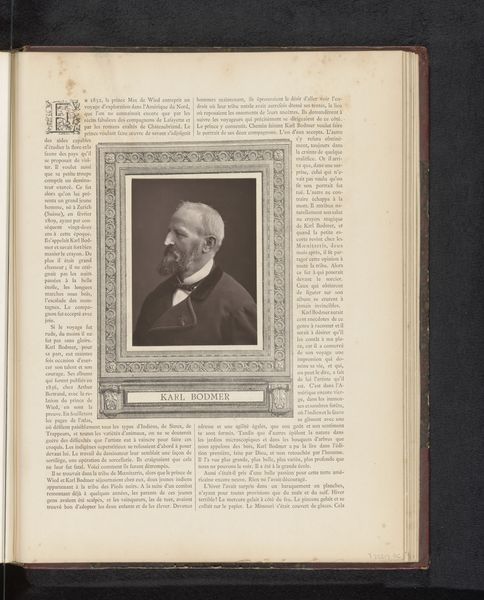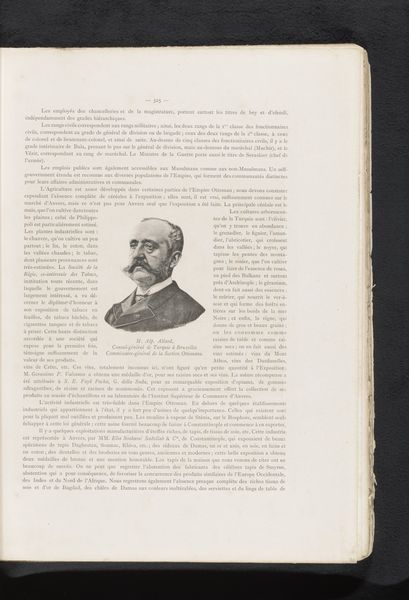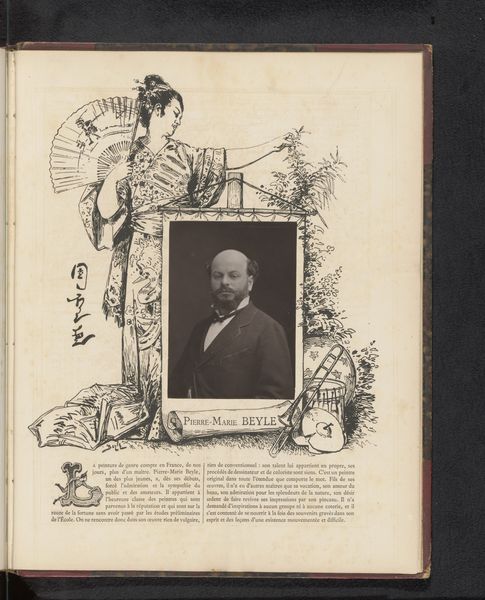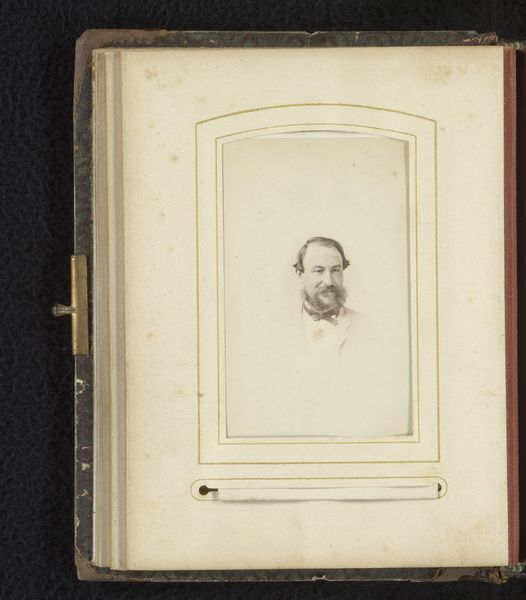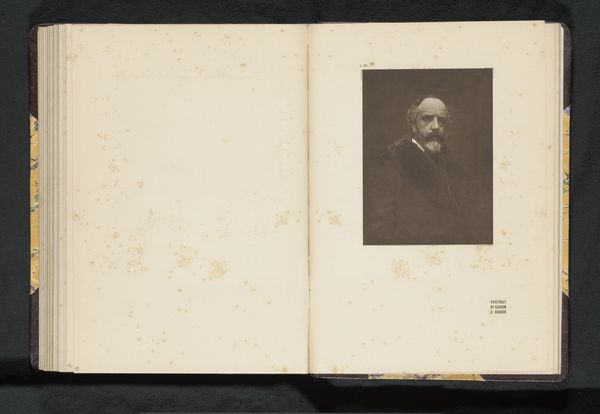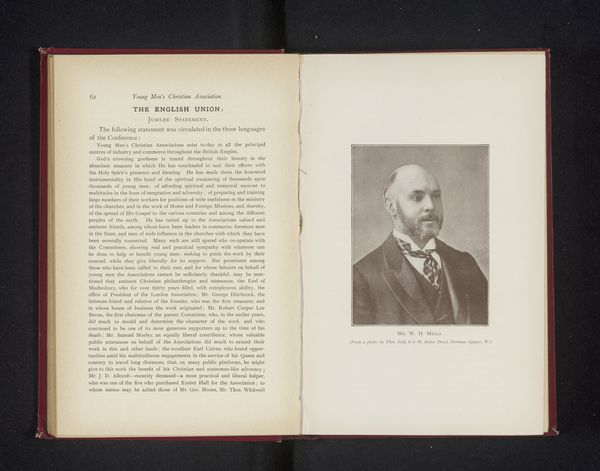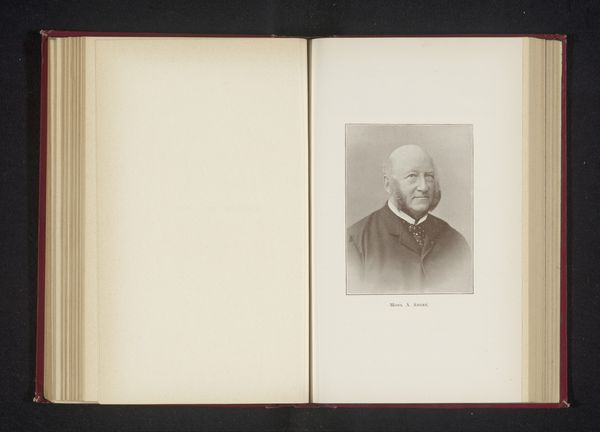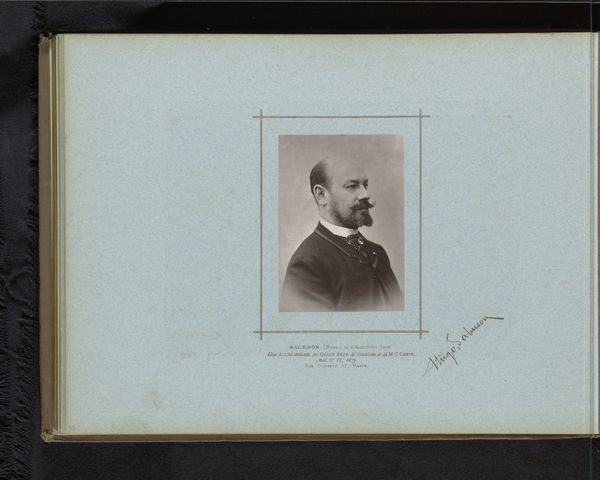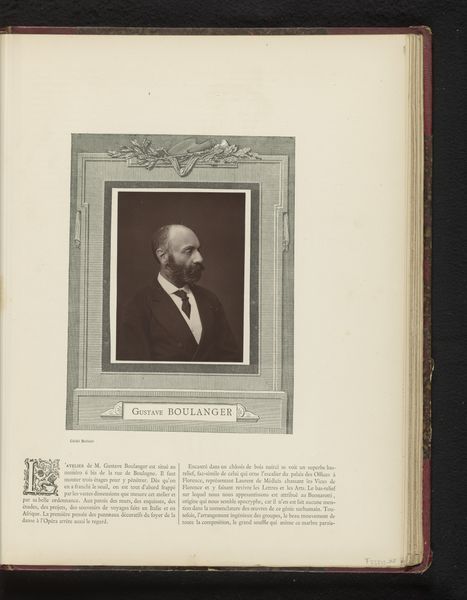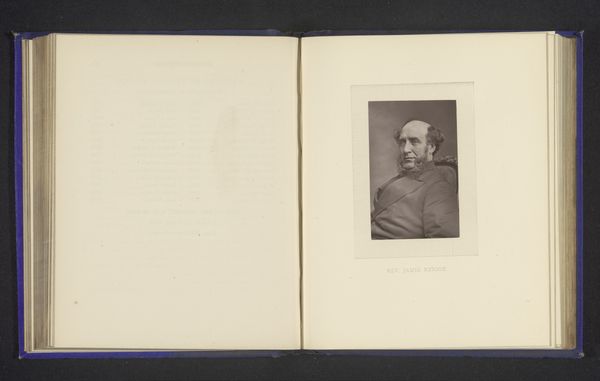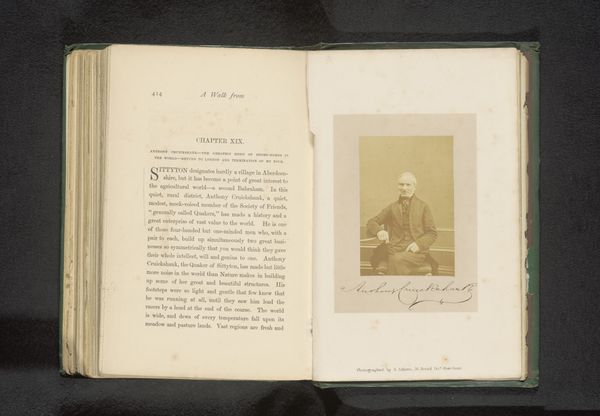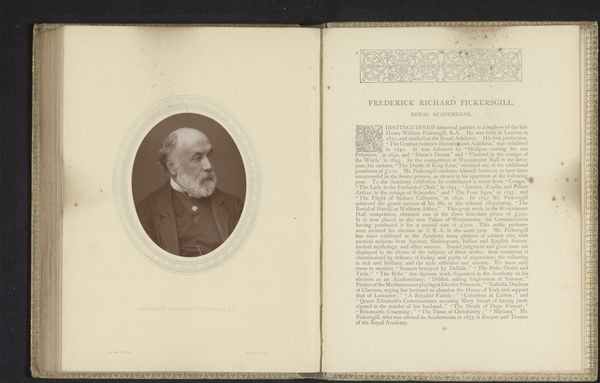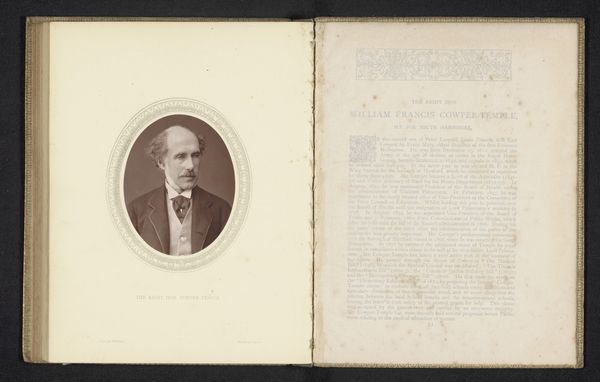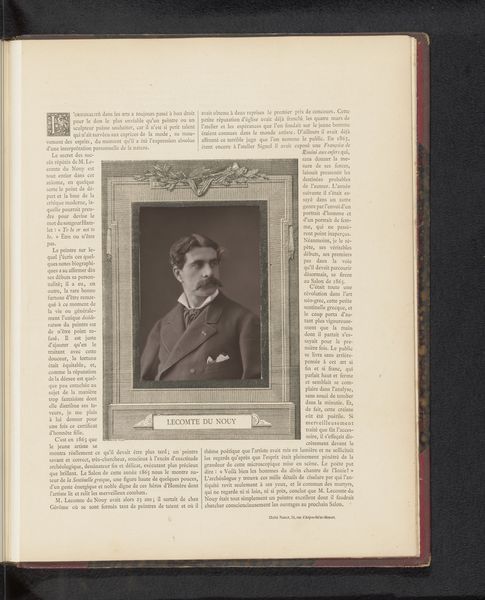
print, photography
#
portrait
#
still-life-photography
# print
#
photography
#
academic-art
Dimensions: height 118 mm, width 86 mm
Copyright: Rijks Museum: Open Domain
Ferdinand Mulnier made this portrait of Eugène Fromentin-Dupeux around the 1850s. Here we see an image of a male sitter presented within a page of printed text. It can be seen as part of a wider cultural context in which portraiture served as a medium for constructing and reinforcing social identities. Fromentin, a man of privilege, is captured in a composed pose that exudes dignity. The portrait is framed by decorative elements which suggest an idealized vision of masculinity and reinforce notions of bourgeois identity. As we contemplate this image, it becomes clear that it is not merely a representation of an individual but also a reflection of the societal values and power dynamics of its time. How does this representation compare with more contemporary portraiture?
Comments
No comments
Be the first to comment and join the conversation on the ultimate creative platform.
